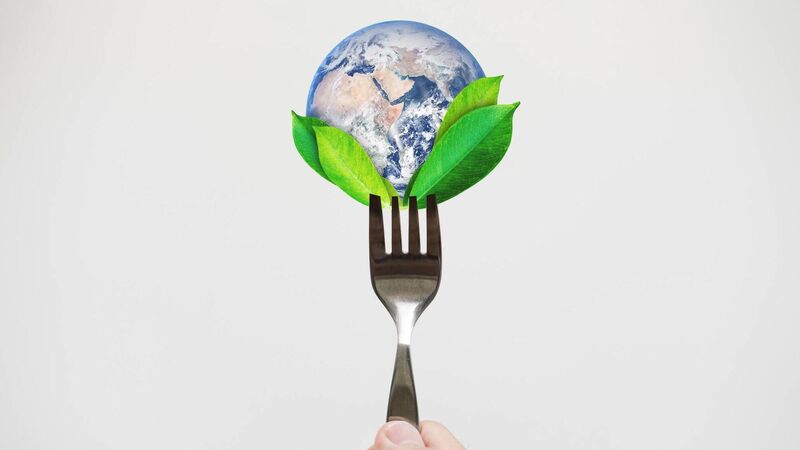Eating to save the planet: Is it time to stop eating joints of beef for Sunday lunch?

Most food that is transported over long distances is carried by ships that carry huge loads. Picture: Stock image
IS it time to stop eating hamburgers, steak dinners, as well as joints of beef for Sunday lunch? This is the question being asked by climate change activists who claim that beef farming is harming the planet.
Beef farming has a long history in Ireland. The first cows arrived here from mainland Europe an estimated 6,000 years ago and they have been central to our economy ever since.








